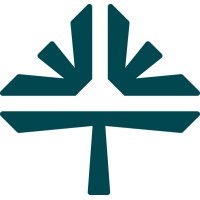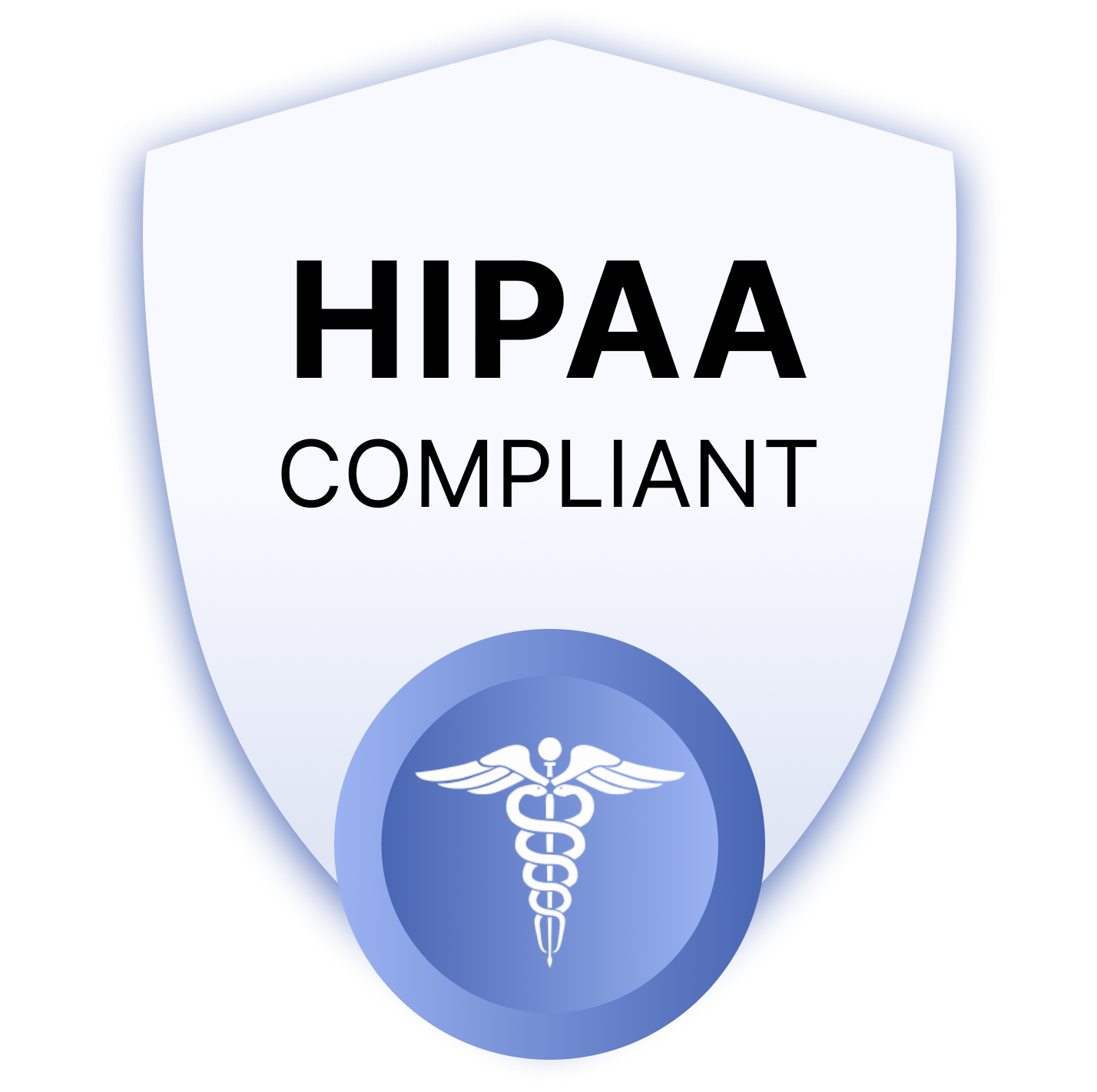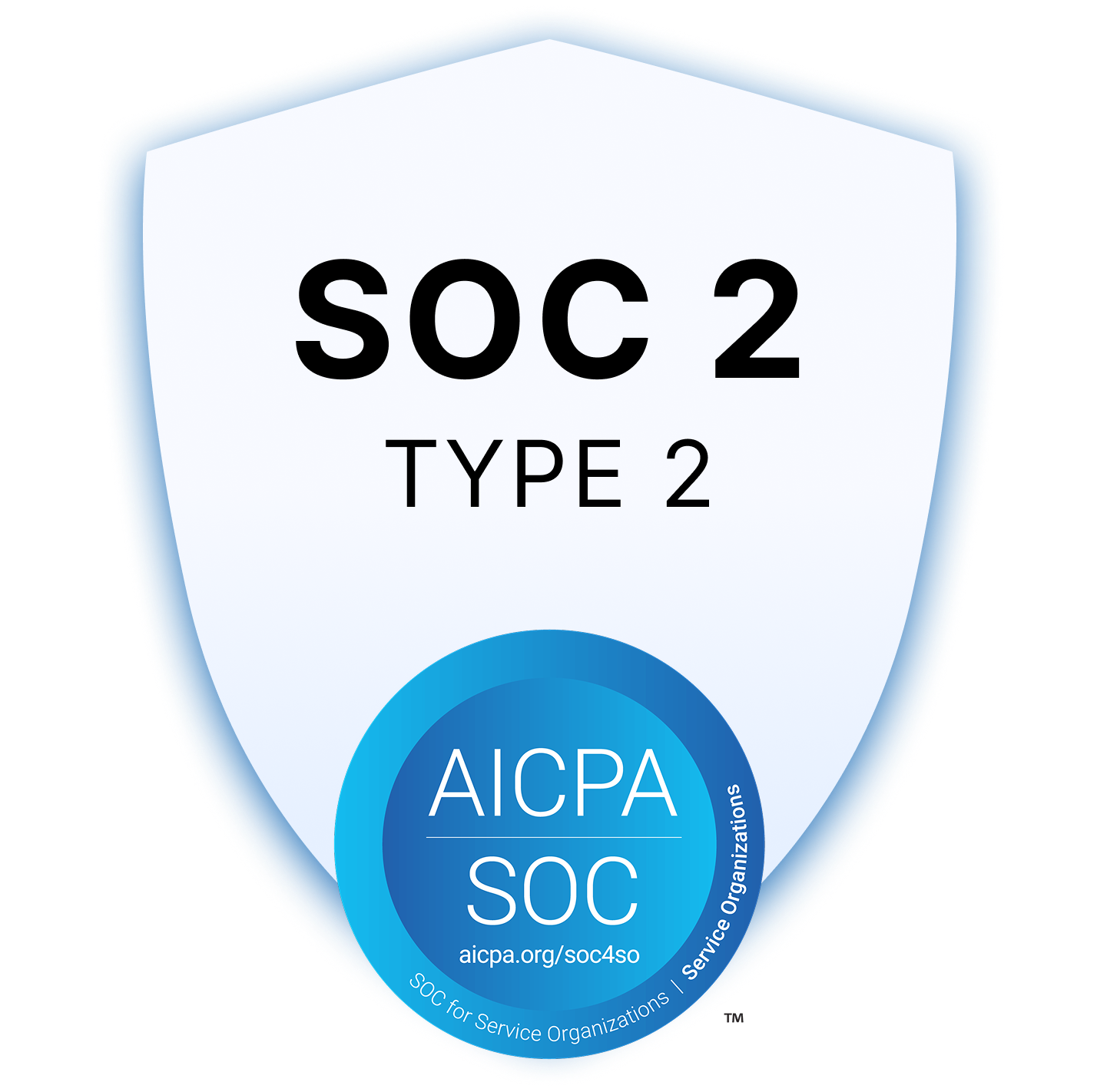Connect Tebra (Kareo)toOpenAI
Build HIPAA-compliant automations that sync data across your Tebra (Kareo) and OpenAI with AI.


500+ healthcare companies trust Keragon to build HIPAA-compliant automations in a secure way
























Discover popular templates with Tebra (Kareo) and OpenAI integration
Show more
Build yourTebra (Kareo)andOpenAIautomation with AI
Describe what you want to automate in plain English
Explore available triggers and actions

Tebra (Kareo)
Transaction updated
Gets triggered when a transaction gets updated
trigger
Transaction created
Gets triggered when there is a new transaction
trigger
Charge created
Gets triggered when there is a new charge
trigger
Encounter updated
Gets triggered when an encounter gets updated
trigger
Patient created
Gets triggered when there are new patients
trigger
Appointment created
Gets triggered when there are new appointments
trigger
Patient updated
Gets triggered when a patient gets updated
trigger
Appointment updated
Gets triggered when there are modified appointments
trigger
Encounter created
Gets triggered when there are new encounters
trigger
Get transactions
Gets a list of transactions
action
Create patient
Creates a new patient
action
Update appointment
Updates an appointment
action
Create appointment
Creates a new appointment
action
Get patients
Returns a list of patients that match the criteria included within the request
action
Get patient
Gets a patient by ID or external ID
action
Create payment
Creates a new payment
action
Get encounters
Gets a list of encounter’s details that match the criteria
action
Get appointment
Gets an appointment
action
Create encounter
Creates a new encounter
action
Get service locations
Returns a list of service locations
action
Get practices
Gets a list of practices
action
Get payments
Gets a list of payments
action
Get appointment reasons
Gets appointment reasons
action
Update patient
Updates a patient
action
Get providers
Returns a list of providers
action
Delete appointment
Deletes an appointment
action
Get appointments
Gets a list of appointments
action
Get procedure codes
Returns a list of procedure codes that match the criteria included within the request
action
Create document
Creates a new document
action
Get charges
Gets a list of charges
action

OpenAI
Get messages
Returns a list of messages for a given thread
action
Create run
Creates a run to execute an assistant
action
Ask ChatGPT
Sends a prompt to OpenAI and generate a completion
action
Upload file
Uploads a file
action
Create thread
Creates a new thread for OpenAI Assistant API
action
Create message
Creates a new message in a thread
action
Summarize text
Summarize a text using OpenAI's models
action
Get models
Returns a list of models
action
Create assistant
Creates a new assistant
action
Show more
Not seeing a component? Request a new one.
Build your Tebra (Kareo) and OpenAI automation with AI



Tebra (Kareo) is a healthcare technology platform that provides practice management, electronic health records, and patient engagement solutions to streamline operations for medical practices.
OpenAI is an AI research and deployment company focused on developing and promoting friendly AI. It offers advanced AI models like GPT for various applications.
FAQ
Yes, Keragon is fully HIPAA-compliant. We implement industry-standard security measures including encryption at rest and in transit, access controls, audit logging, and we sign Business Associate Agreements (BAAs) with all healthcare customers.
Most integrations can be set up in minutes using our no-code workflow builder. Complex custom integrations may take a few hours depending on your requirements. Our team is available to help with implementation.
Absolutely. Our workflow builder allows you to customize every aspect of your integrations including triggers, actions, data mappings, conditional logic, and error handling to match your specific needs.
Keragon includes built-in retry logic and error handling. Failed requests are automatically retried with exponential backoff. You'll receive alerts for persistent failures, and all events are logged for debugging.
Join large healthcare enterprises using Keragon that are strict with HIPAA-compliance.






Real customers. Real value.
From solo practices, large multi-location clinics and all the way up to NASDAQ-listed digital health companies.












.png)


